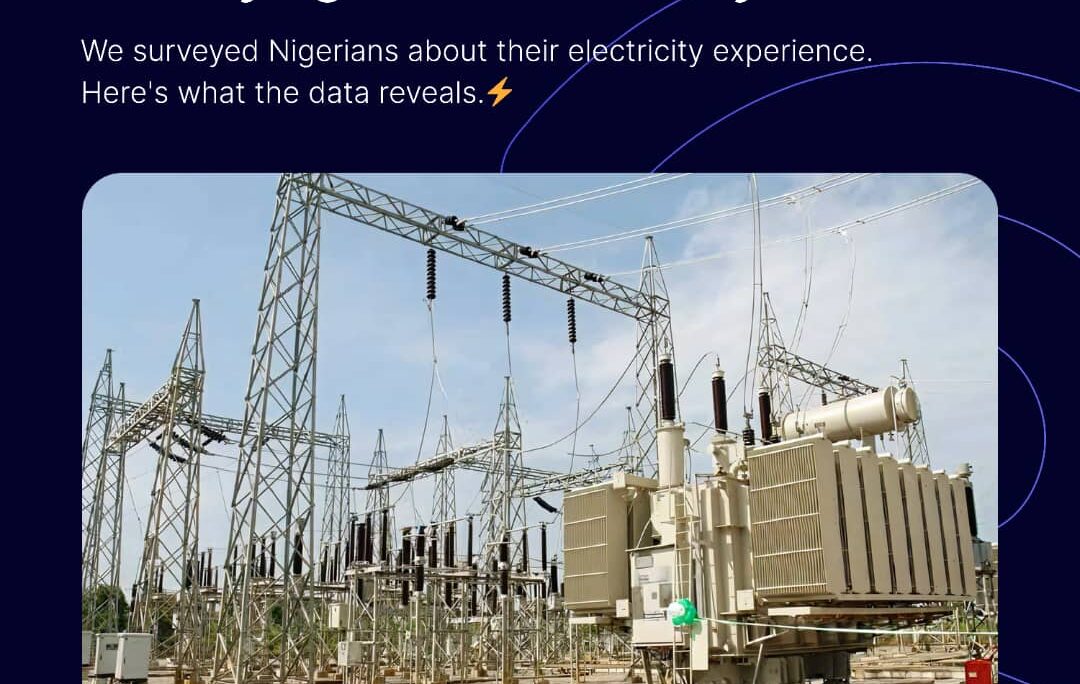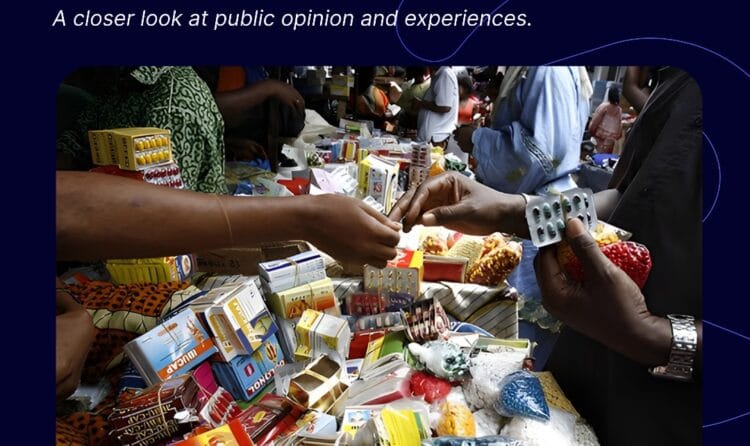Introduction
Electricity is more than a convenience, it is the backbone of modern life, powering homes, businesses, education, and innovation. In Nigeria, however, the struggle for stable and affordable electricity remains a daily challenge for millions. Despite decades of reforms, privatization efforts, and national promises, the question still lingers: Has anything really changed?
At ResearchGains, we believe meaningful reform starts with listening to real people. So, we asked Nigerians from across the country about their experiences with electricity. The results were candid, revealing a nation still deeply reliant on the national grid but frustrated by its inefficiencies. We explored how often people receive power, how satisfied they are, how electricity impacts their daily lives and finances, and whether there’s been any improvement over time.
This analysis sheds light on the realities behind the wires, what the numbers mean, why they matter, and what they say about Nigeria’s energy future.
Primary Source of Electricity: Still Grid-Dependent
A staggering 92% of respondents rely on the national grid (NEPA/PHCN) as their primary electricity source. Just 6% use solar power, and a mere 2% depend on generators.
This overwhelming reliance on the grid reveals a critical dependency, even as the grid itself struggles to provide consistent service. It also highlights the untapped potential for renewable energy alternatives, especially solar, which remains underutilized despite Nigeria’s abundant sunlight. The data tells us that while the grid holds a firm grip on electricity supply, it may no longer be fit for purpose.
Electricity Availability: Too Little, Too Rarely
Only 26.5% of Nigerians say they get electricity every day. Alarmingly, 32.7% receive power just 1–2 days a week, often for just 0–4 hours.
This gap between availability and need paints a clear picture: the grid is failing to meet basic expectations. Such inconsistent power disrupts everything from cooking to studying to running a business. For a country aiming to be a tech and innovation hub, these figures are more than statistics, they are roadblocks to development.
Satisfaction Levels: Power Supply Fails to Impress
When asked about their satisfaction with electricity supply, only 4% said they were very satisfied. Meanwhile, a troubling 48% were dissatisfied or very dissatisfied.
This low satisfaction rate underscores the widening trust gap between electricity providers and consumers. It also reflects growing frustration over persistent blackouts, poor customer service, and inflated billing. For a utility that touches nearly every aspect of daily life, this level of dissatisfaction is a wake-up call.
Impact on Daily Life: Productivity Takes a Hit
A majority of respondents are feeling the impact where it hurts most, productivity. 36% say poor electricity severely disrupts their day-to-day activities or business, and another 16% face total disruption.
These figures point to the hidden cost of unreliable electricity. Whether it is a tailor who cannot use a sewing machine, a tech startup struggling with downtime, or a student unable to study, the lack of power slows down economic activity and personal advancement. It is not just inconvenience; it has lost potential.
Change Over Time: Improvement or Decline?
Only 14% of Nigerians say electricity supply has improved in the past year. 60% report no change, and 26% believe it has worsened.
This trend suggests deep public skepticism about ongoing reforms in the energy sector. Despite announcements and investments, most citizens see no real difference in their daily lives. The perception of stagnation, or even regression, must be addressed if progress is to be believed and supported.
Electricity Spending: A Heavy Financial Burden
Electricity is not just unreliable, it is expensive. 42% of respondents spend between ₦5,000–₦10,000 monthly, while 26% spend ₦10,001–₦20,000, and 10% pay more than ₦20,000.
These figures likely include expenses on alternative sources like fuel for generators or small-scale solar setups. For many households, these costs represent a significant chunk of their monthly income. Nigerians are not just enduring poor electricity, they are paying dearly for it.
Conclusion: A Nation in the Dark, Still Waiting for Light
From the numbers, one thing is clear: the Nigerian power sector is underdelivering. Despite being a grid-dominated nation, electricity remains unavailable, unreliable, and unaffordable for many. Citizens are dissatisfied, economically burdened, and increasingly skeptical about change.
Yet, the data also reveals an opportunity, a growing need for alternative energy solutions, better policy accountability, and community-driven innovation. Nigerians are not asking for luxury, they are asking for the basics: light to power homes, tools to run businesses, and energy to fuel their future.
At ResearchGains, we will continue to gather and amplify real voices from across the country. Because only when we listen can we begin to build solutions that actually work.
How is electricity affecting your work, home life, or business?
Drop a comment to share your experience
Repost this article or our carousel to spark awareness
Follow @ResearchGains for more weekly data from real Nigerians
LinkedIn: ResearchGains
Instagram: @research_gains
Facebook: ResearchGains
Twitter/X: @ResearchGains
WhatsApp Community: Join Here





